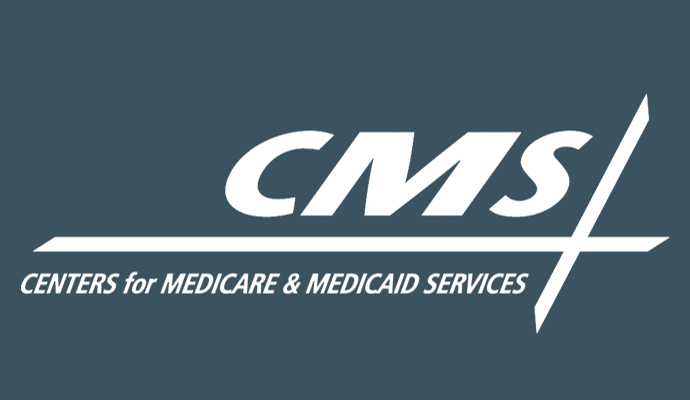New Medicaid Payment Model Targets Behavioral Health Integration
CMS announced an 8-year Medicaid payment model that will incent behavioral health integration for people with Medicare and Medicaid.

Source: Xtelligent Healthcare Media/Centers for Medicare & Medicaid Services
- CMS has announced a new Medicaid payment model that will incent care coordination across physical, behavioral, and social providers to improve the quality of care Medicare and Medicaid beneficiaries receive. The model, called the Innovation in Behavioral Health (IBH) Model, is part of the Biden Administration’s new HHS Roadmap for Behavioral Health Integration and will be tested by the Center for Medicare and Medicaid Innovation.
The eight-year IBH Model seeks to improve the quality of care and behavioral and physical outcomes for Medicaid and Medicare populations with moderate to severe mental health conditions and substance use disorders (SUDs). The voluntary, state-based model will focus on community-based behavioral health practices treating these populations, which experience disproportionately high rates of mental health conditions and SUDs. As a result, Medicaid and Medicare populations with the conditions are more likely to experience poor health outcomes and experiences, CMS says.
Community-based behavioral health practices participating in the model set to launch this fall will create interprofessional care teams consisting of behavioral and physical health providers, as well as community-based supports.
States and participating providers will receive funding, including infrastructure payments, from the federal government to stand up the model during the first three years. After that, states will implement a Medicaid payment model to support practices using a per-beneficiary-per-month payment system, as well as performance-based reimbursement.
CMS states the IBH Model looks to prepare practices for more advanced alternative payment models and accountable care arrangements.
Patient demand for mental health services has spiked over the last couple of years, yet patients report major barriers to accessing appropriate care for conditions like major depressive disorder. A 2022 survey found that 42 percent of adults who wanted to see a mental health professional did not do so, with social stigma, cost, and access being top barriers to seeking care.
Through interprofessional teams under the IBH Model, CMS intends to implement a “no wrong door” approach to increase access to both physical and behavioral services. The model also seeks to address health information technology through investments in interoperability and systems, such as the EHR, as well as health equity. Behavioral health practices will be expected to conduct screenings for health-related social needs and refer patients to appropriate community-based services as part of the model.
“This new model ensures that anyone can get access to the services they need, regardless of how they enter care,” HHS Deputy Secretary Andrea Palm, said in a statement. “We will continue to test approaches that close the gaps between how behavioral and physical health are treated. Our goal is always to improve the overall quality of care and outcomes for patients and this model brings us one step closer.”
The IBH Model is expected to run in up to eight states, with a Notice of Funding Opportunity to come in spring 2024.
